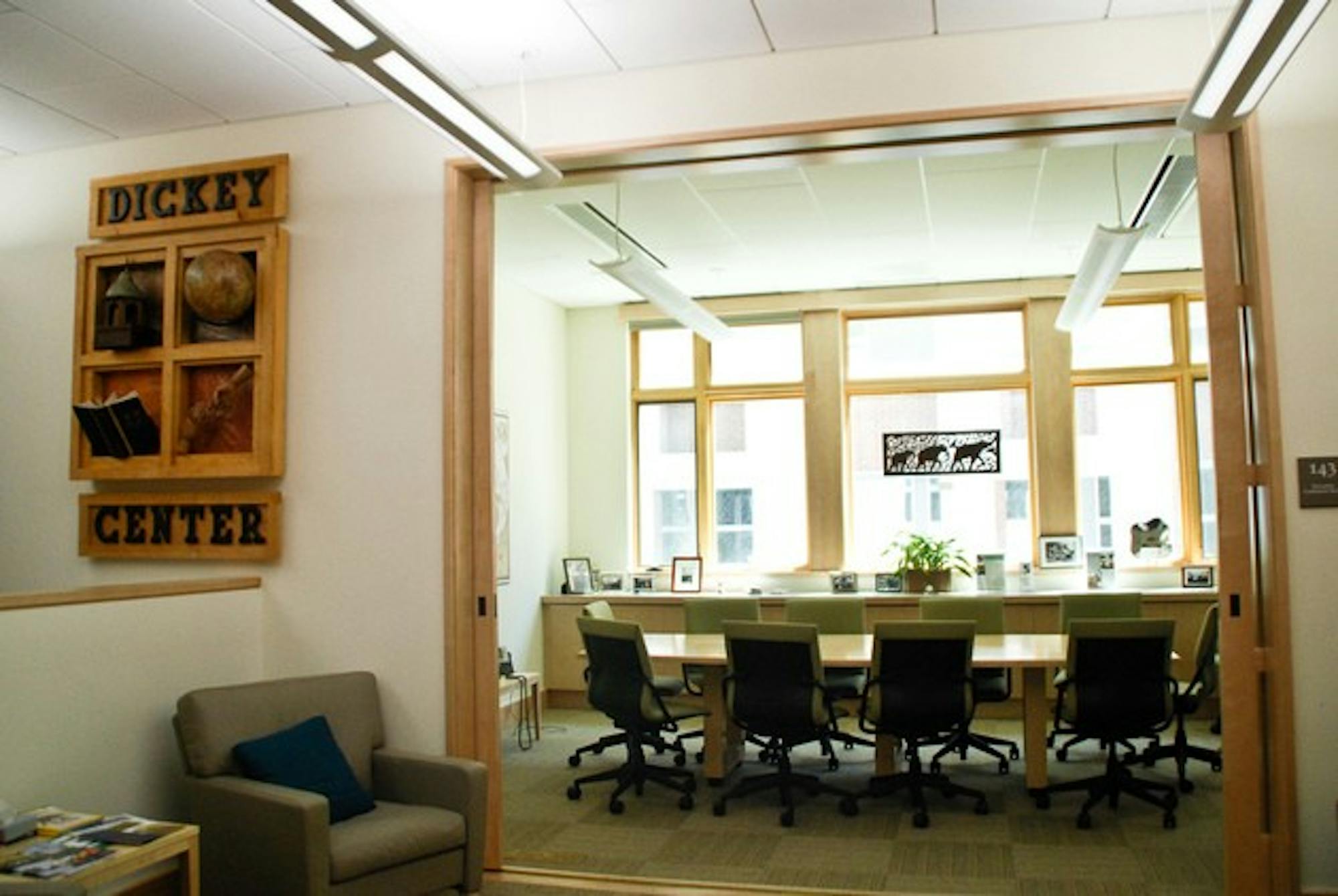The War and Peace Steering Committee began deliberations about eliminating the minor in March 2008 after enrollment in the program declined, government professor Daryl Press said. Press also serves as the War and Peace program director, and he said the program will continue to offer other opportunities such as lecture series, career events and the War and Peace Fellows Program despite discontinuing the minor.
The committee voted unanimously to stop offering the minor in February, although students who have started work on the minor or who showed interest in the past will be allowed to complete it.
Only one to two seniors graduated with the minor each year over the past five years, according to Hicks.
"In the years I coordinated the War and Peace minor, there were always less than 10 minors, usually less than five minors, and often no minors at all," Press said.
The costs and administrative difficulties of offering the minor outweighed the benefits, according to Press. Press said that the difficulty of maintaining a continuously up-to-date list of accepted courses could not be justified for the low student interest.
"In order to run a minor, we needed to constantly update the courses we had deemed as qualifying against Dartmouth's course offerings, which is a considerable undertaking on the part of the Dickey Center," Press said. "That would have made sense if enrollments were high, but there was low interest. Two years after we would update the list, it would almost be completely out of date and the majority of students would have to petition for their courses to be included."
Anthony Mullen '13 a government major and Arabic minor said he altered his academic plans because the War and Peace minor would no longer be offered. He said he will not pursue an International Studies minor because he does not think it relates to his interests.
"I don't think I would be able to get the gist of the War and Peace minor with the International Studies minor, which has only one conflict-related class," Mullen said. "I still think I could have gotten something out of [the War and Peace Studies minor], but I'm glad they replaced it with a minor that will be useful to others."
The focused title of the War and Peace minor may have prevented students from considering it, Press said. Students interested in war and peace studies can explore the same material by pursuing the International Studies minor, he said.
"The original intent of the War and Peace minor was to help students understand global conflict through an interdisciplinary lens," Press said. "The broad requirements of the International Studies minor match this intent."
In addition, the College now has a variety of specific course offerings in global conflict issues as a result of an overall surge in student interest over the last decade, Press said.
"Dartmouth may be unique in its breadth of offerings related to conflict and you would be hard-pressed to find an institution with greater breadth," Press said. "In 1999, there were two professors in the government department who studied international conflict. Now, there are eight or nine."




